Common Internet Questions
Chuck's Cyber Wall
We all know that the best way to learn is to ask questions, so for this blog, I’ve collected a few common internet questions we wish clients would ask.
Here at CLARK, we pride ourselves on our ability to talk to clients at their level of technical expertise. We know that computer troubles are frustrating, so whether you’re a novice computer user or an advanced network admin, our techs tailor their terms and descriptions to make the experience as comfortable as possible.
One of the things we’ve discovered is that people are often afraid to ask technical questions. Sadly, the IT industry is mostly to blame for this. Of course, the same could be said for almost any field of expertise – experts often repeat the same answers so many times they become sardonic. To be honest, you could fill a book with the information I don’t know about doing taxes; does this mean that I should not ask questions because I’m afraid the awesome woman who prepares my taxes might mock me? Of course not. And any reputable IT Managed Services Provider should encourage their clients to ask questions. It is, as previously mentioned, the best way to learn.
But since we can’t just undo all the harm already caused, here are answers to a few common questions we wish people would ask.

What Are Cookies?
No, not the super-tasty chocolate chip cookies or maliciously deceptive raisin monstrosities; we’re talking about the messages you see on virtually every website these days – “This website uses Cookies to make your experience better” or some variation thereof. Internet Cookies are packets of information that are stored on your computer when you visit a website.
The website uses these packets to track visitors and their activities.
Most often, this information is used to determine the effectiveness of web pages and to make load times faster on your next visit. Generally speaking, internet Cookies are safe, and they do help to improve overall customer experiences.
Although there are several types of Cookies, the most important to know about are:
- First-Party Cookies – set by the website and are most often used for analytics or non-malicious ad targeting
- Third-Party Cookies – generally the most harmful, set by outside parties – usually advertisers or agencies – specifically for tracking your internet activities
- Session Cookies – among the most harmless, used by e-commerce sites to remember which products were placed in a cart or keep users logged in after a browser is closed
When it comes to Cookies, there are a few downsides:
- All Cookies effectively track your browsing history, and if you don’t use some type of additional security – such as a VPN – it can be exposed publicly
- Advertisers use First and Third-Party Cookies to get information about your lifestyle and spending habits to better market to you – it’s why if you do a Google search for “cordless drill,” you will start seeing ads for cordless drills
- Hackers can use Third-Party Cookies to gather information on you to sell on the dark web or use it to hack into social networks or other online accounts
- Since the cookies are actual files stored on your computer, as you surf the internet, they accumulate, taking up storage space and can cause computer slowness
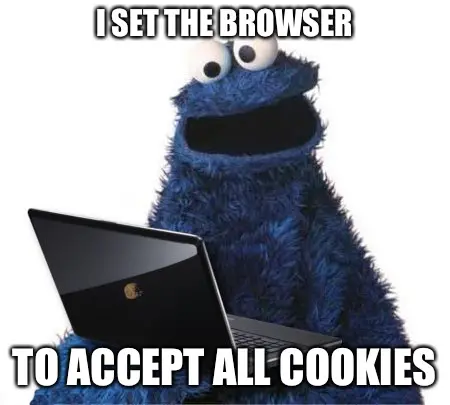
You have a choice with cookies. They can be disabled entirely or in part – most browsers today automatically block Third-Party cookies, and many workplaces will also block Session Cookies. It’s a good idea to occasionally clean out your Cookies by clearing the internet cache (discussed below). It is also important to note that disabling Cookies could make some websites unavailable unless you choose to allow them.
If you see a prompt asking you to allow cookies, consider the site – if you trust the site with your information, it’s probably okay.
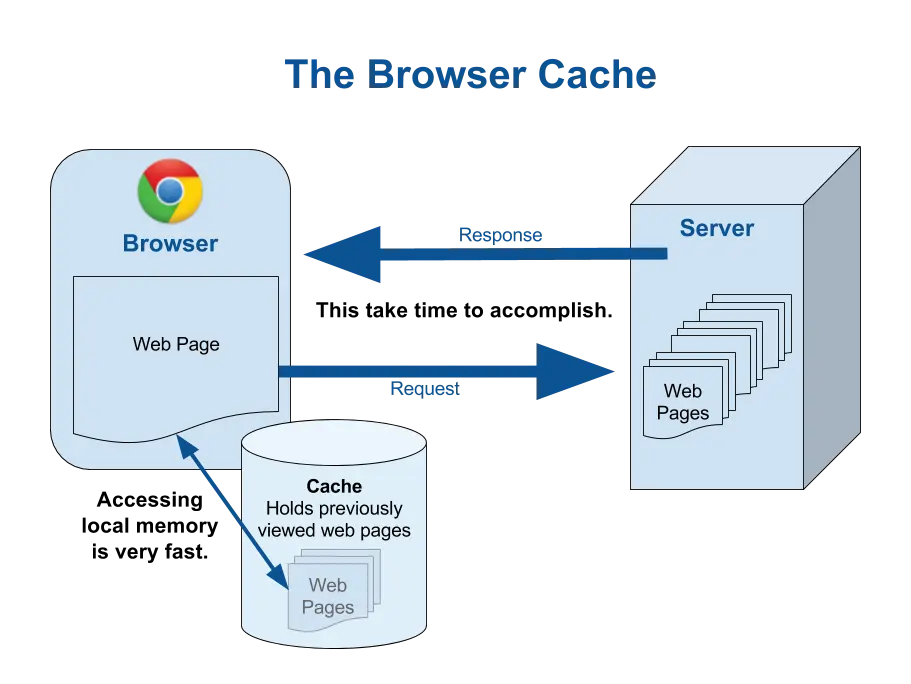
What Is Cache?
First, there are a lot of different types of cache that all do the same thing – it helps with computer speeds by holding onto information that you accessed in case you need it again.
We’re going to discuss Internet Cache or Browser Cache. This type of cache exists because your internet connection is significantly slower than your computer. As you browse the internet, your cache stores information about websites – such as logos and other static structural details – on your computer. Instead of having to go back and download this information from the website every time you access it, the data is stored in your cache and pulled up when needed, effectively reducing the load time of the website.
By default, cache has a size limit, and when you reach that limit, items not used in a while are discarded to make space for new data.
It’s an automated process that you never notice – until it breaks.
Sometimes a cache gets corrupted. There are a lot of technical reasons for this – many of which contradict one another – but what it comes down to is some websites just stop working correctly. A webpage could be partially loaded, poorly formatted, or appear as a column of simple text, among others. This is not always a problem with the cache, but it happens often enough that “Clear your browser cache” is one of the first diagnostic steps you’ll hear.
When the browser cache is empty, the computer downloads fresh copies of web pages. If a problematic page now opens correctly, the issue is resolved. Woohoo!
Clearing Cache
Clearing browser cache is pretty easy, here are instructions for the three most common browsers:
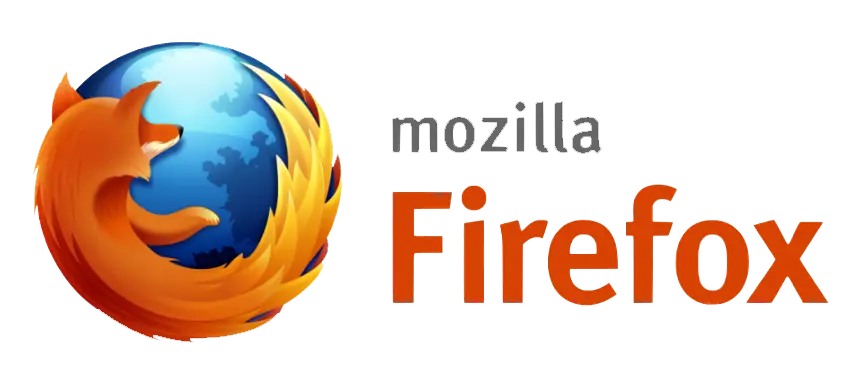
- Click the menu button and select Options
- Select the Privacy & Security panel
- In the Cookies and Site Data section, click Clear Data
- Set the checkmark in front of Cookies and Site Data depending on what you want to clear
- Click the Clear button
- Close the page

- Click on the three dots in the upper right corner and click Settings
- Next, you select the option More Tools
- In the next step click Delete Browser Data
- Here you can select the time period you want to delete
- Check the box in front of Images and Files in Cache
- Submit your selection by clicking the Delete Browser Data button.
- Press F5 to reload the browser
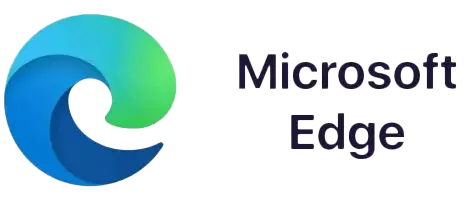
- Click the Settings “gear” icon
- Click Internet Options
- Click the Delete button
- Choose what to delete from Microsoft Edge
- Click the Delete button
- Click OK to close the page
At the same time that you clear your internet cache, you can delete your cookies. We recommend doing this quarterly at a bare minimum.
Is It Okay To Use Free WiFi?
Rounding out this list of common questions that we wish people would ask is one that is very relevant for most people.
Short answer – No, it’s not okay to use Free WiFi.
Long answer – It could be okay to use Free WiFi with the proper security.
If you are at all concerned with internet security and keeping your digital identity safe, you have probably heard that using public WiFi is dangerous. Coffee shops, hotels, restaurants, and airports offer free public WiFi as an incentive, and with many of us concerned with data usage on mobile devices and getting online with our laptops, it tends to be a strong incentive. The problem is that free and convenient also means NOT SECURE.
Connecting to one of these networks can allow hackers to intercept everything you do over the internet. This includes logging into accounts, shopping online, or even accessing social media. Any and all of this information is up for grabs on an open network.
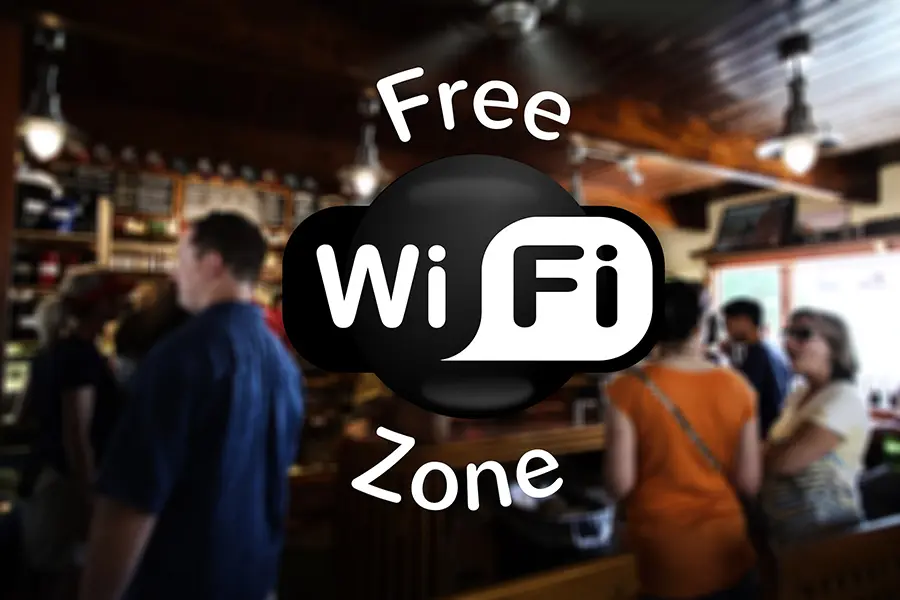
Connecting to one of these networks can allow hackers to intercept everything you do over the internet. This includes logging into accounts, shopping online, or even accessing social media. Any and all of this information is up for grabs on an open network.
There is something you can do to be safe even here – use a Virtual Private Network (VPN) to keep your connection secure.
Please, Ask Questions
Of course, there are more common internet questions we can add to this list, and we’d love to hear any questions you have. Please feel free to leave your questions and any comments you have in the section below, and thanks for reading.
If you have questions about any of our services, give CLARK a call at 301-456-6931 or send an email to [email protected] and see why we are simply the Best Choice in IT Support Services.

Director of Cybersecurity and Marketing
I’ve always had a love of working with technology, being fortunate enough to have grown up with a grandfather who taught me how to fix things for myself and not be afraid to jump in and get my hands dirty. Over the last three decades, I’ve worked as a technician, trainer, technical writer, and manager in small businesses, enterprise organizations, and government. In addition, I’m an author, having published multiple works available online and in print. You can find my creative work at https://WritingDistracted.com

